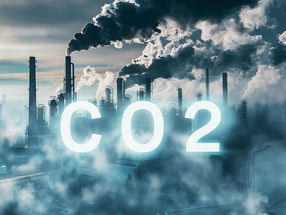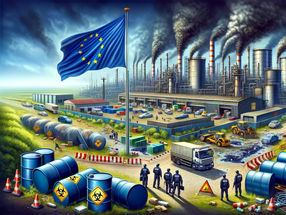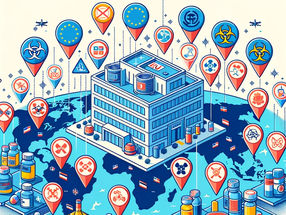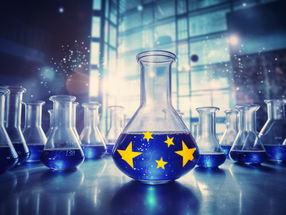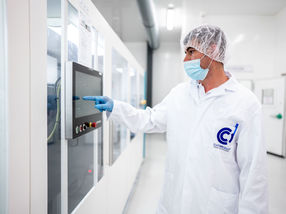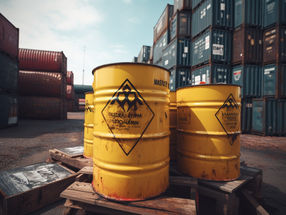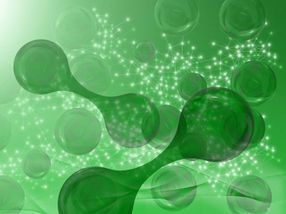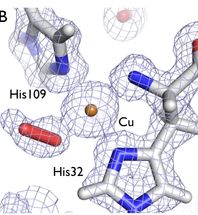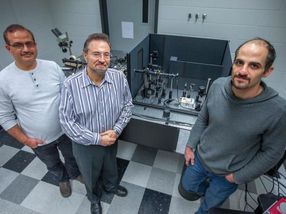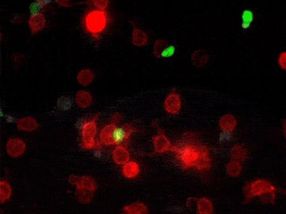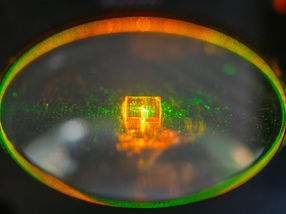Chlor-Alkali sector welcomes UNEP decision on Global Convention on Mercury
Euro Chlor, representing the European Chlor-Alkali industry, together with the global chlorine industry, supports efforts through the United Nations Environment Program (UNEP) to protect the environment and public health and welcomes enhanced efforts by the global community to reduce releases of mercury. Euro Chlor will work cooperatively with governments and other stakeholders to implement the UNEP Governing Council’s global mercury treaty, negotiated on February 20th in Nairobi and to become a legally binding international agreement.
Through its global organisation, the World Chlorine Council® (WCC), Euro Chlor has been an active supporter of the UNEP Global Mercury Programme and has made a sustained effort to help mercury-based chlorine producers in Europe and around the world reduce mercury uses and emissions. As part of this effort, Euro Chlor will continue to contribute to the UNEP Global Partnership on Mercury Reduction in the Chlor-Alkali Sector. This Partnership builds upon Euro Chlor’s long-standing commitment to share best practices globally for reducing the use and emissions of mercury from mercury-cell chlor-alkali facilities. Euro Chlor and WCC have strived with governments, chlor-alkali producers and UNEP to help make this partnership a success.
Several global programs to reduce mercury use, consumption and emissions from the mercury cell manufacturing process augment the initiatives and commitments made by regional WCC organisations like Euro Chlor, resulting in many cases in a more than 90 percent reduction of mercury use and releases. Chlorine production today is a minor factor in mercury emissions, contributing less than 0.1% of total global emissions of mercury from all natural and man-made sources (Prof. Pirrone, Italy). And this will continue to decline as the industry implements best available techniques and moves to alternative, non-mercury technologies.
In Europe, mercury-based chlorine production capacity is decreasing steadily, in line with the Chlor-Alkali sector’s voluntary agreement to phase out mercury technology by 2020. Mercury-based production now accounts for only about 35% of all chlor-alkali capacity, whereas the membrane technology accounts for about 48%. Globally, mercury technology accounts for less than 15% of the total chlor-alkali capacity.
Organizations
Other news from the department politics & laws

Get the chemical industry in your inbox
By submitting this form you agree that LUMITOS AG will send you the newsletter(s) selected above by email. Your data will not be passed on to third parties. Your data will be stored and processed in accordance with our data protection regulations. LUMITOS may contact you by email for the purpose of advertising or market and opinion surveys. You can revoke your consent at any time without giving reasons to LUMITOS AG, Ernst-Augustin-Str. 2, 12489 Berlin, Germany or by e-mail at revoke@lumitos.com with effect for the future. In addition, each email contains a link to unsubscribe from the corresponding newsletter.





